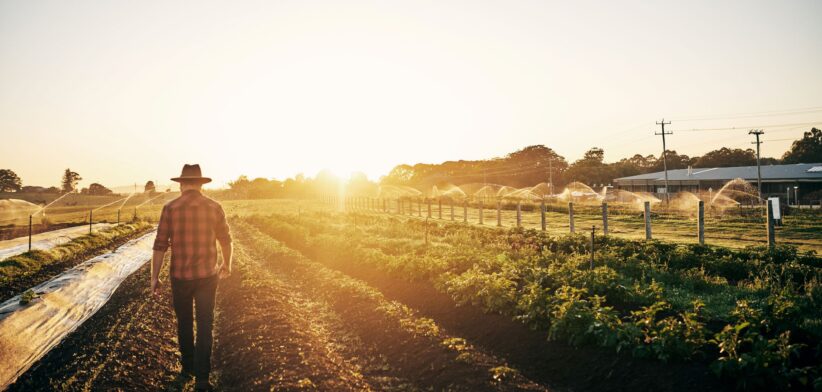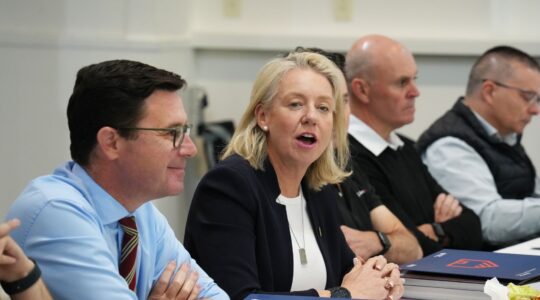A proposed biosecurity levy will impose a multi-million-dollar burden on Australian farmers, forcing many to the brink, according to the nation’s peak body representing rural producers.
Speaking to a Federal Senate Committee, Agforce Biosecurity Committee Chair Belinda Callanan said the proposed Biosecurity Protection Levy, due to be implemented on July 1, was a $50 million dollar tax on the agriculture industry.
“July 1 is fast approaching and there has been no adequate regulatory impact statement undertaken. It is just far too quick to implement a levy of such significance,” Ms Callanan said.
In AgForce’s submission to the Senate Committee, it said there was a lack of recognition and fairness, with primary producers already shouldering a disproportionately large share of biosecurity costs and consequences.
The submission also said the industry lacked confidence in how collected funds would be used.
“The agricultural sector is deeply concerned over lack of clarity around how the revenue collected under the Biosecurity Protection Levy will be invested,” the submission stated.
It said producers had no direct role in determining its use, and the late addition of an advisory panel to oversee the Biosecurity Protection Levy had done little to improve industry confidence.
There was also concern over charging farmers to manage risks created by importers.
It stated the two greatest biosecurity disasters in recent times, varroa mite and red imported fire ants, were both thought to have resulted from entry to Australia in shipping containers.
“Disappointingly, the Coalition Government never delivered on their plan to impose charges on containerised and bulk imports arriving via sea (and) now, illogically, the Labour Government is rushing to impose costs of border biosecurity activities on our farmers instead,” the submission said.
Speaking after the hearing, AgForce Queensland Senior Policy Advisor Dr Annie Ruttledge said the Biosecurity Protection Levy provided little guaranteed benefit.
“Its name implies it is earmarked for biosecurity – so why is it being directed into consolidated revenue?” Dr Ruttledge said.








